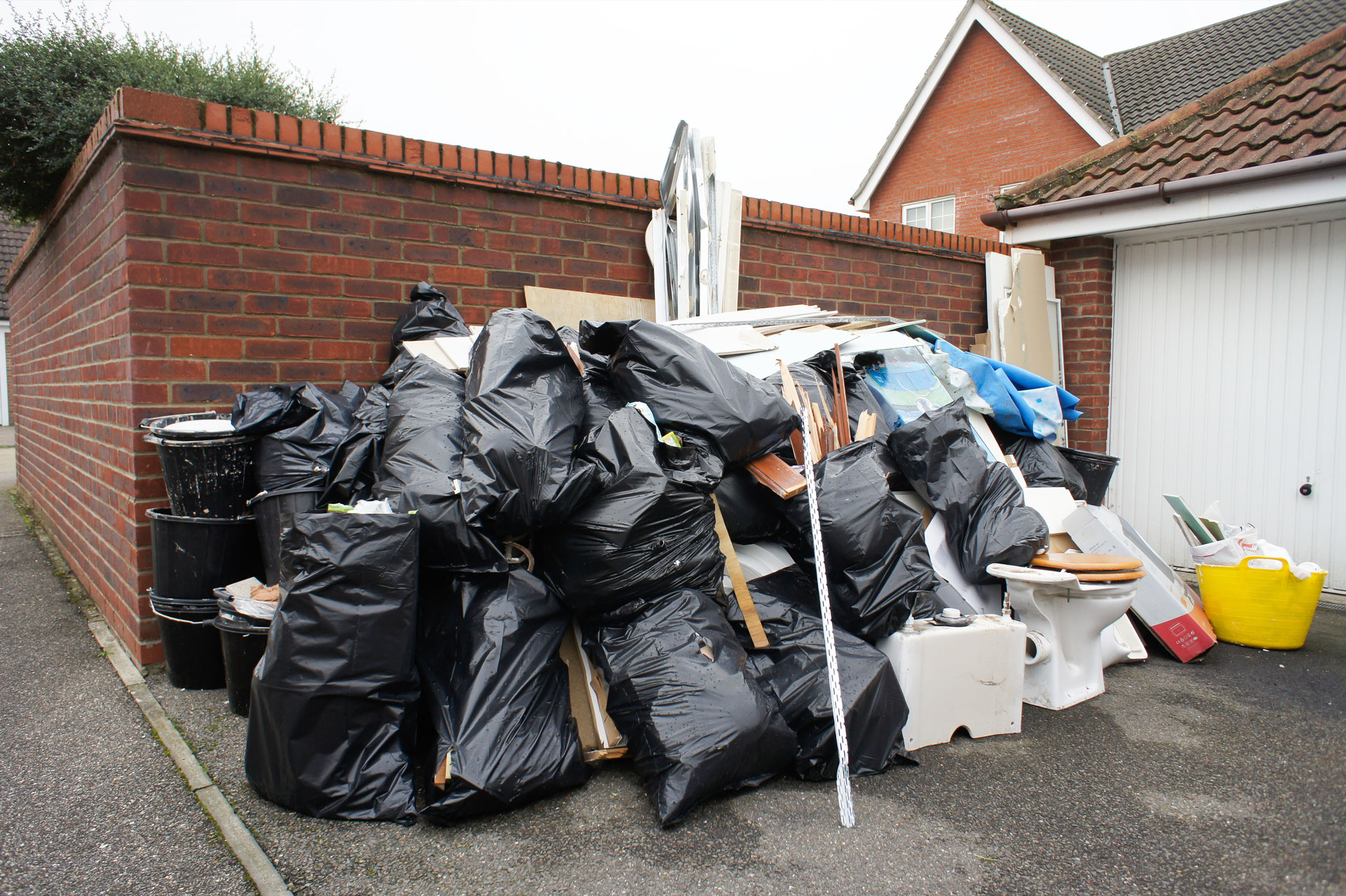Managing household rubbish effectively is a challenge many homeowners face, especially when time is scarce. However, with a few strategic practices, the process of household rubbish removal in St George can be streamlined, making it easier and more efficient. This comprehensive guide offers step-by-step instructions on sorting waste, scheduling pickups, and reducing the overall amount of rubbish through smarter shopping and reusing strategies.
Understanding The Basics Of Household Waste
Before diving into the specifics, it's essential to understand the types of waste typically generated in households. Broadly, household rubbish removal in St George can be categorised into recyclables (like paper, glass, and certain plastics), organic waste (food scraps, garden waste), and general waste (everything else that doesn't fit into the first two categories).
Step 1: Setting Up An Efficient Sorting System
The first step in efficient rubbish removal is setting up a sorting system within your home. This doesn't have to be complex; a simple system with different bins for recyclables, organic waste, and general waste is sufficient. Label each bin clearly and place them in a convenient location to encourage all family members to participate in the sorting process.
Key Tip: Keep a small compost bin in your kitchen for organic waste. This can significantly reduce the amount of waste that goes into your general rubbish bin.
Step 2: Understanding Your Local Waste Management Policies
Each municipality has its own set of rules regarding waste management, including what can be recycled, pickup schedules, and special disposal requirements for items like electronics or hazardous materials. Familiarise yourself with these guidelines to ensure you're disposing of waste correctly.
Key Tip: Visit your local council's website or contact them directly for detailed information on waste management policies in your area.
Step 3: Scheduling Regular Rubbish Pickups
Depending on your local council's policies, rubbish pickups might be scheduled weekly, bi-weekly, or monthly. Mark these dates on your calendar to ensure you don't miss them. For larger items or excessive waste, consider scheduling additional pickups with your local waste management services or hiring a private rubbish removal company.
Key Tip: Many councils offer bulk waste collection services a few times a year, which is perfect for disposing of large items like furniture or appliances.
Step 4: Reducing Household Waste
Reducing the amount of waste you generate is not only good for the environment but also simplifies your rubbish removal process. Here are some strategies:
Smart Shopping: Buy products with minimal packaging, choose reusable over disposable items, and opt for bulk buying when possible.
Composting: Start a compost bin for organic waste. It's great for your garden and reduces the amount of waste in your rubbish bin.
Recycling Old Items: Before throwing something out, think about whether it can be reused, repurposed, or donated.
Step 5: Safe Disposal Of Special Items
Certain items like batteries, electronics, and hazardous chemicals require special disposal methods. Never throw these in your regular rubbish bin. Instead, look for local hazardous waste collection events or facilities that handle such items.
Step 6: Involving The Whole Family
Effective waste management is a team effort. Educate your family members, especially children, about the importance of waste sorting and reduction. Make it a part of your daily routine.
Step 7: Continuously Improving Your Waste Management System
Finally, always look for ways to improve your waste management system. Stay informed about new recycling technologies or community initiatives. Consider conducting a waste audit every few months to see where you can make further reductions.
Conclusion
Efficient household rubbish removal in St George is achievable with a bit of planning and the right strategies. By setting up a simple sorting system, understanding local waste policies, reducing the amount of waste you produce, and involving your entire household in the process, you can make waste management an easy and routine part of your life. Remember, every small step you take in managing your household waste responsibly makes a significant difference to the environment and your local community.

Comments
Post a Comment